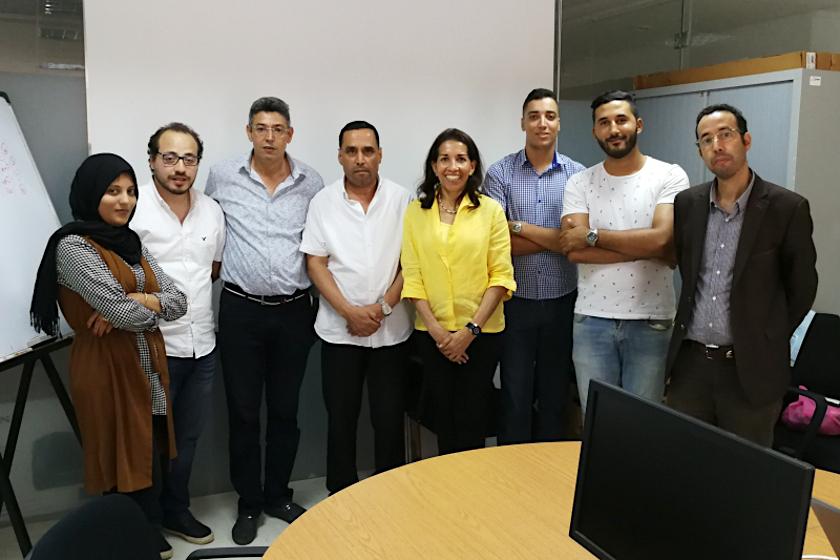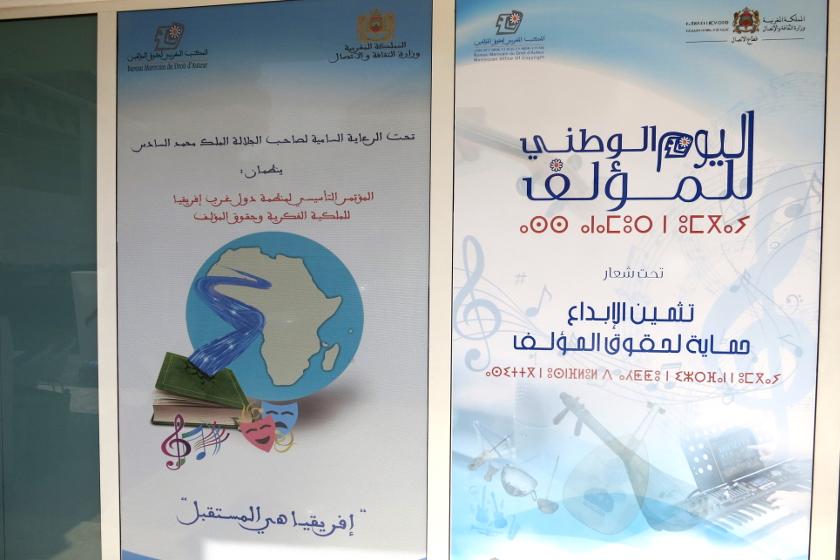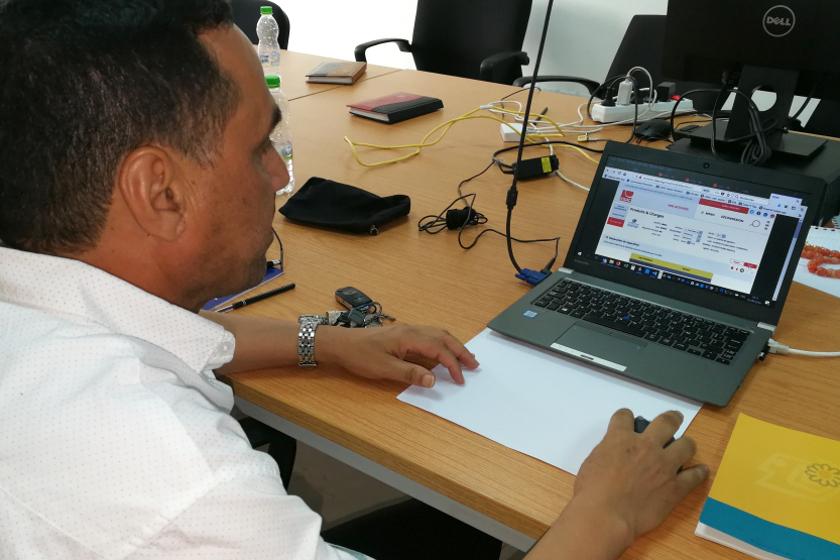Fine tuning royalty collections for artists: Morocco case study

On September 7th, the Bureau Marocain du Droit d’Auteur (BMDA) welcomed a team from CISAC to Rabat for a visit to benefit Moroccan creators behind-the-scenes. The visit’s goal was to fine tune the society to more efficiently serve both domestic and international authors.
In an era of immediate and on-demand expectations, collective management organisations (CMOs) are responding to the increasing pace of change. This response can be either due to processing more data to standardizing and internationalizing business processes to facilitate international data and financial exchanges. The latter of which means a creator in one country can, for example, receive payment for streams of their work in another country.
CISAC is a confederation of over 230 CMOs in 121 countries that oversees and encourages international exchanges on behalf of creators to ensure that royalties flow from one side of the world to the pockets of creators on the other. To help creative and cultural sectors advance their operations, CISAC holds training seminars similar to the recent visit to BMDA.

The BMDA training seminar gathered collections, distributions and finance departments together, along with their Director General Ismaïl Menkari. It held a special focus on their recent, first collections from private copying, which began in 2017 and were distributed in 2018. The increase in collections thanks to private copying increased the number of BMDA’s distributions for music three-fold while doubling distributions for dramatic and literary repertoires. More distributions meant Moroccan and international authors received their money faster than before, a feat for Western Saharan Africa.
Information from such a seminar also included working on the society’s Statement of Income & Expenditures-the society’s financial report of collections and distributions. In addition to providing transparency for the society’s authors, this data is essential in producing the annual CISAC Global Collections Report, which provides a yearly financial statement of royalties across repertoires, regions and uses in the world.
Additionally, CISAC provided BMDA with a presentation on the tools and requirements needed to facilitate collections and distributions on behalf of authors. The confederation also explained best practices for audited accounts, annual reports and distribution rules. Finally, the training seminar gathered responses to Professional Rules questionnaires.
These are all necessary components to be compliant with CISAC obligations, which seek to assure a high level of quality across the world’s CMOs. In a rapidly changing world, BMDA is an example of working with CISAC to adapt to evolutions to serve accurately, transparently and professionally creators domestically and internationally.

